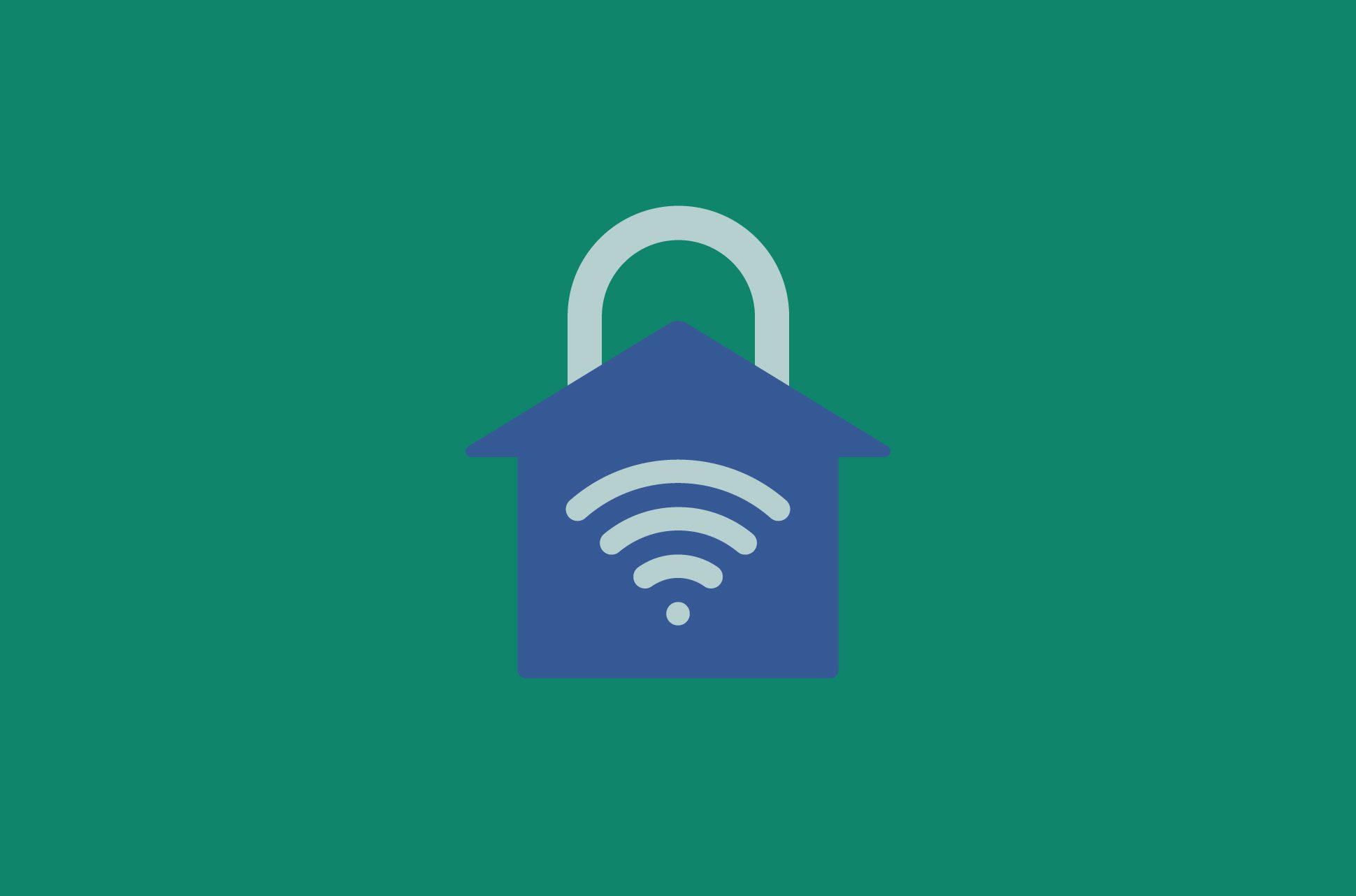
You might already be using a VPN at work, at school, or simply when you’re on the go. By encrypting your traffic and sending it through a secure tunnel, a VPN is the quickest and surest method of keeping yourself protected over shared or public networks.
That might not sound like much of a concern when you’re browsing on your trusty home Wi-Fi—but it doesn’t mean that you should forgo using a home VPN. Here are four big reasons why you need a VPN at home.
[Get more tips on online security by signing up for the ExpressVPN blog newsletter.]
1. Stay private from your ISP
Without a VPN to hide your IP address, your online activity is almost certainly being monitored by your internet service provider (ISP) or the government, even on your private Wi-Fi. A recent study by the Federal Trade Commission in the U.S. found that ISPs collect and use much more user information than expected, including sensitive personal details.
The solution? You guessed it—a home VPN.
2. Combat throttling to boost internet speeds
Imagine (or relive) this: you’re curled up on the sofa after a long day, ready to relax with some YouTube. But instead of the seamless streaming you’re used to, your video is constantly interrupted as it buffers at a snail’s pace. Understandable if it happened on your commute; but why would it do so when you’re on your home Wi-Fi?
The culprit here could be ISP throttling, where your internet speed is deliberately slowed down by your ISP. This is most likely to happen when you’re on a high-bandwidth service (such as Netflix or YouTube), as your ISP can detect the large data packets from such services and want to restrict your speeds. By using a home VPN, you can circumvent ISP throttling and enjoy much faster speeds with next to no hassle.
Read more: Slow internet driving you mad? 4 possible reasons, How to increase download speed
3. Access content from anywhere
Besides keeping your activity secure, spoofing your IP address with a VPN can make you appear as if you’re in a different country altogether—which is a great way to bypass geo-restrictions and censorship online. By connecting to a VPN server in another location, you’ll be able to browse with greater freedom and choice across various apps, sites, and services at home.
Read more: 60 best free streaming services around the world
4. Protect all home devices
Even after you’ve connected your phone, tablet, and computer to a VPN, there are still devices in your home that have yet to be protected—your smart home, or IoT, devices. These include smart TVs, voice assistants, smart fridges, smart lights, and more. While not as common, hacking attempts on smart home devices have occurred in the past. Using a VPN at home will not only secure all your regular devices, but your IoT ones as well.
To protect your smart home devices, use ExpressVPN on your router (see below).
Get a VPN on your home router
You can install ExpressVPN on your home router (check if your router is compatible) or get one with ExpressVPN already installed. If you have an ExpressVPN subscription, it doesn’t cost anything extra to use it on your router. A few benefits:
- Every device on your Wi-Fi is protected with no device limit.
- Devices that can’t normally use a VPN, like smart doorbells and Apple TV, get full VPN benefits.
- You don’t have to remember to turn on your VPN apps. If they’re on your Wi-Fi, they’re protected.
Read more: A VPN on your router protects all your home devices
Take the first step to protect yourself online. Try ExpressVPN risk-free.
Get ExpressVPN




